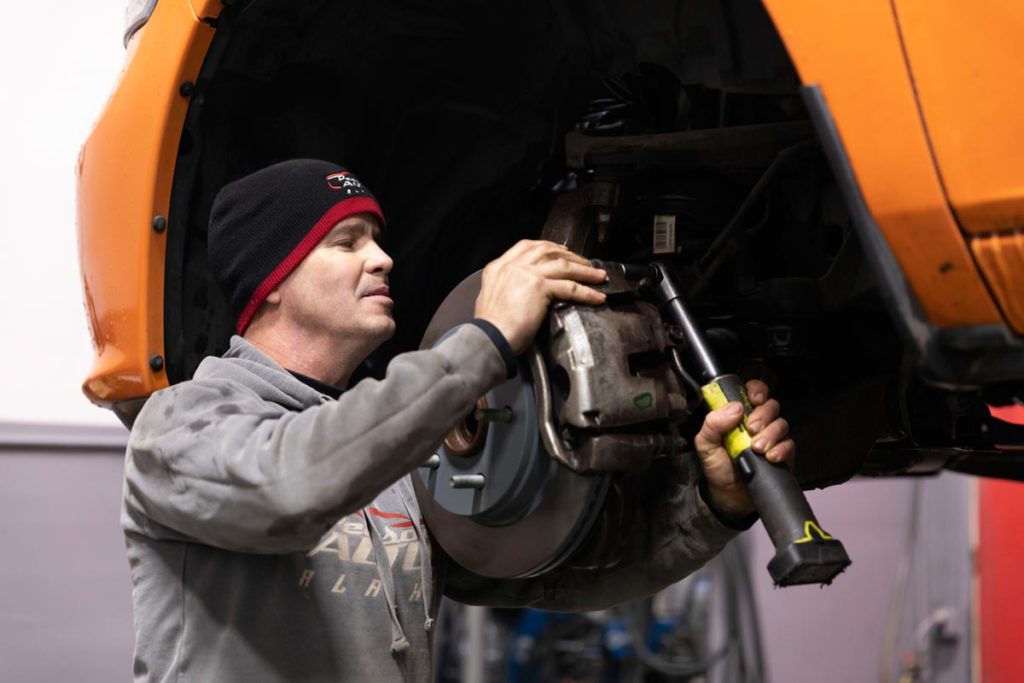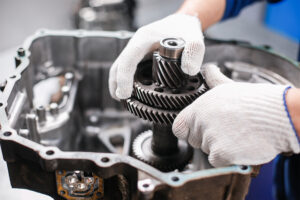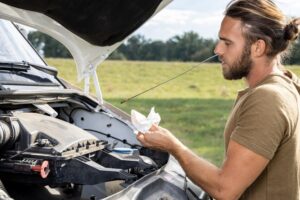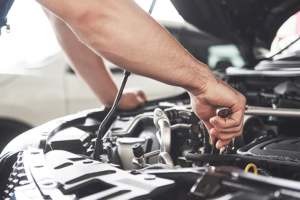
DIY brake repair and maintenance in 2024
Brake maintenance is not just about safety; This is to ensure the longevity and efficiency of the vehicle. As we enter 2024, the field of DIY brake repair is growing, with more resources and technology available to car owners. This guide delves into the essentials of DIY brake repair and maintenance, offering insights and tips to keep your brakes in top condition.
1. Know your braking system
The core of a vehicle’s safety features is the braking system, which consists of brake pads, discs (or rotors), calipers and brake fluid. Understanding how these components work together to stop your vehicle is the first step in DIY brake maintenance. When you press the brake pedal, hydraulic fluid forces the brake pads against the brake disc, creating the friction necessary to reduce speed.
2. Tools and materials needed
Before you get started, you will need specific tools, such as a jack, wheel wrench, socket set and brake fluid tester. Also make sure you have the correct replacement parts, such as brake pads and rotors, for the make and model of your vehicle.
Safety first
Safety comes first when it comes to DIY brake repair. Always work on a level surface, use jack stands to secure the vehicle, and never skip pre-repair inspections such as assessing brake fluid levels and brake pad thickness.
Check the brakes
Regular inspections can prevent expensive repairs. Check the brake pads for wear and measure their thickness. Check the brake rotors for scoring or warping and make sure the brake fluid is clear and at the proper level.
3. Replace brake pads
Replacing brake pads is a common DIY repair. Remove the wheel, loosen the brake caliper and replace the old gaskets with new ones. Paying attention to details, such as applying brake grease correctly, can make a big difference.
4. Replace brake disc
If your brake discs are damaged or worn, it is crucial to replace them. This process involves removing the brake caliper and bracket and then removing the brake rotor itself. This is a more complex task that requires careful execution and adjustment.
5. Disposal of brake fluid
Brake fluid is the lifeblood of your braking system. Check the level and quality regularly and replace it if it is dirty or almost empty. Bleeding the brakes, removing air from the lines, is also an important maintenance task.
6. Maintenance tips
Following a regular maintenance schedule can extend the life of your brakes. Inspect your brakes at least twice a year and replace parts as necessary to prevent bigger and more expensive problems.
7. Solving common brake problems
Common problems such as squeaky brakes, a spongy pedal or reduced braking power can often be resolved with a simple adjustment or replacement. However, some problems may require professional diagnosis and repair.
8. The future of DIY brake repair
By 2024, advances in tools and diagnostic equipment will make doing your own brake repairs much easier. Stay up to date with new trends and technologies to make your maintenance tasks easier and more efficient.
Cost-benefit analysis of DIY versus handmade professional repair
DIY brake repairs can save you money, but it’s important to consider the time and skill required. Compare the costs and decide what is best for your situation, taking into account the satisfaction and knowledge you will get from doing it yourself.
9. Legal notices and warranty statements
Do-it-yourself repairs may affect your vehicle’s warranty. Consider the legal implications and ensure your maintenance meets warranty requirements.
10. Learning resources and support
There are many resources available for DIY mechanics, from online tutorials to community workshops. Use these to build your skills and confidence in brake maintenance.
Conclusion
DIY brake repair is a useful practice that can improve the safety and performance of your vehicle. With the right tools, knowledge and methods, you can maintain your brakes effectively and avoid expensive repairs.
FAQs
1. How often should I check my braking system?
Check your brakes at least every six months or according to your vehicle’s maintenance schedule.
2. Can I repair brakes myself without experience?
Yes, with detailed instructions and the right tools, beginners can successfully perform simple brake repairs, such as replacing brake pads.
3. What are the risks of DIY brake repair?
Improper repairs can compromise the safety of your vehicle. Make sure you follow the guidelines carefully and seek professional help if you are unsure.
4. How do I know if my brake discs need to be replaced?
If you notice deep grooves, uneven wear, or vibration when braking, your brake rotors may need to be replaced.
5. What developments in brake repair technology should I take into account in 2024?
Find new diagnostic tools, improved braking materials and tutorials with augmented reality guidance.



